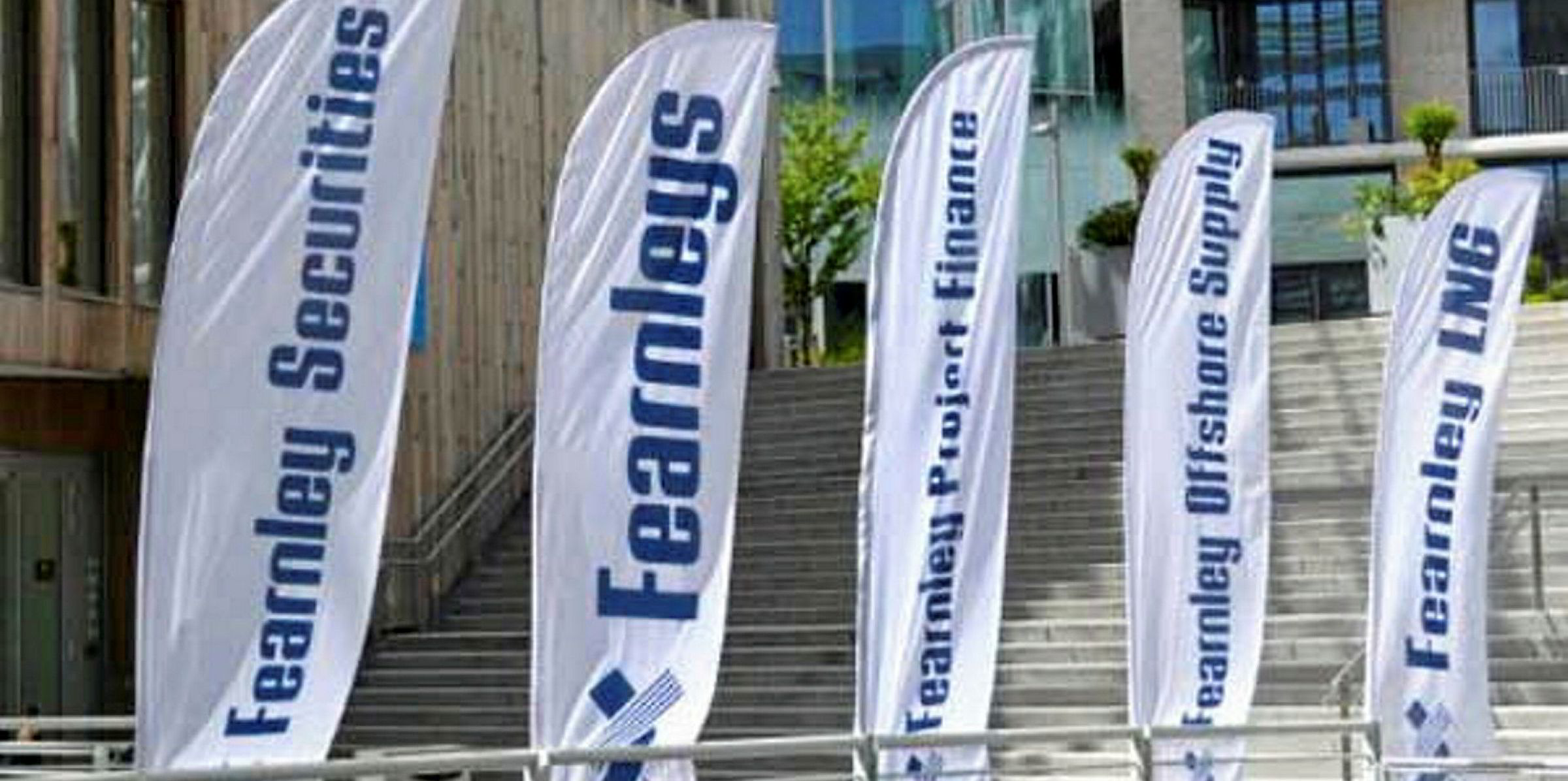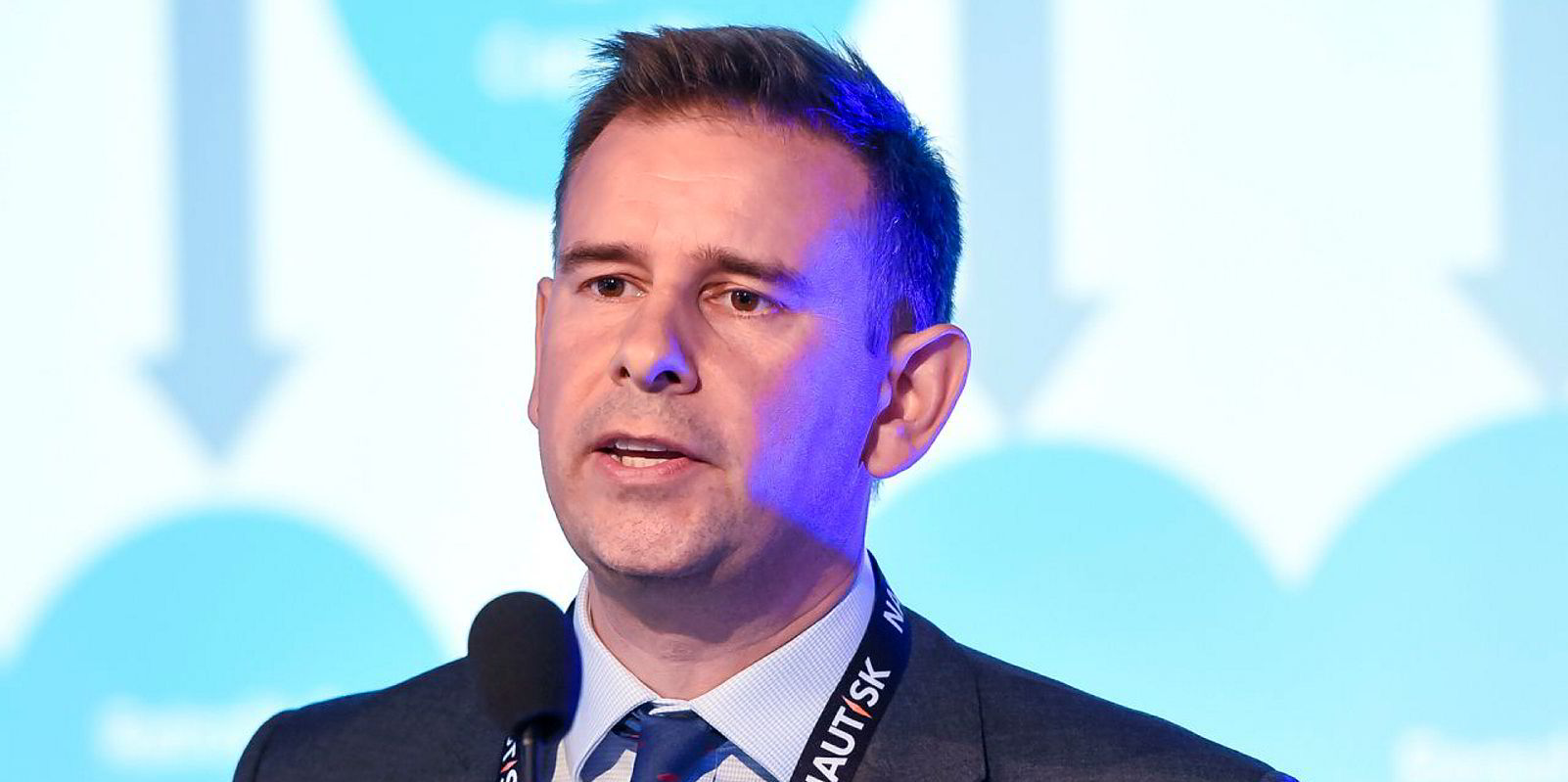Jefferies has cut its crude and product tanker rate forecasts for this year amid Opec’s decision to keep the oil tap turned down and prolonged refinery maintenance.
The downward revisions come despite the bank’s positive outlook for generally improving shipping markets in the run-up to IMO 2020.
Analyst Randy Giveans said crude tanker rates had already been hit by lower Opec output and curtailed shipments from sanctioned Venezuela and Iran.
While rising exports from the US and Brazil, combined with new routes created by IMO 2020 disruptions, were identified as positives, Giveans is still less bullish than he was on the second half of 2019.
“We are reducing our 2H19 crude tanker spot rate expectations, as the outlook for the back half of the year is less attractive now that Opec has decided to extend its production cuts,” he said in a report today.
The bank now projects VLCCs will earn $25,250 per day in the back half of this year, down from $27,500 per day previously.
His numbers for eco VLCCs have been cut from $31,750 per day to $29,250 per day.
“On the supply side, we expect fleet growth of only 3-4% during 2019 and 2-3% in 2020, and we expect further scrubber installations in the coming quarters,” Giveans said.
“As such, the short-term pressures put on spot rates in recent weeks should all be alleviated and even reversed in the coming months.”
His $32,000 per day projection for standard VLCCs in 2020 and the $36,000 per day penciled in for eco vessels remain in place.
In the product tanker market, Giveans said rates were negatively impacted by the unusually prolonged refinery maintenance season meant earnings had been lower than charted this summer.
As a result, Giveans has taken down his projections, with an eco LR2 now expected to pull in $19,750 per day in the second half, below the previous figure of $22,250 per day.
Eco MRs are now charted at $12,875 per day, down from the earlier figure of $14,500 per day.
As with the crude market, Jefferies is sticking with its 2020 forecasts in the product space.
“We still believe a multi-year cyclical recovery is on the horizon in 2H19 and beyond as record refinery throughput additions and increased ton-mile demand from IMO 2020 should stimulate demand sufficiently to easily outpace new refined products tanker deliveries,” he said.







